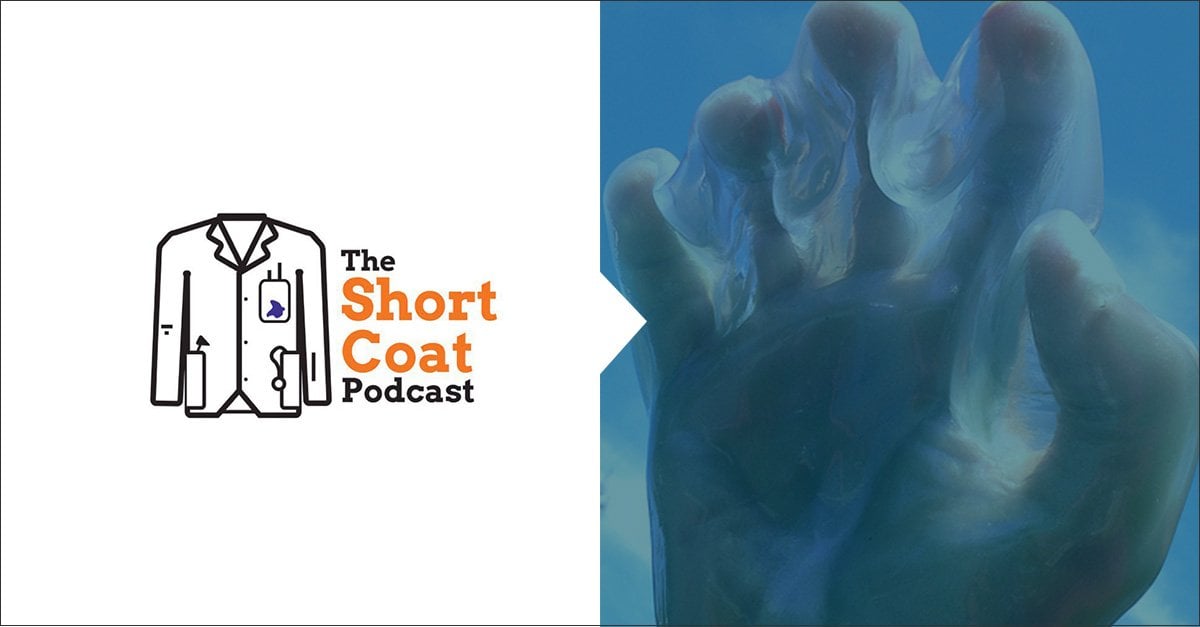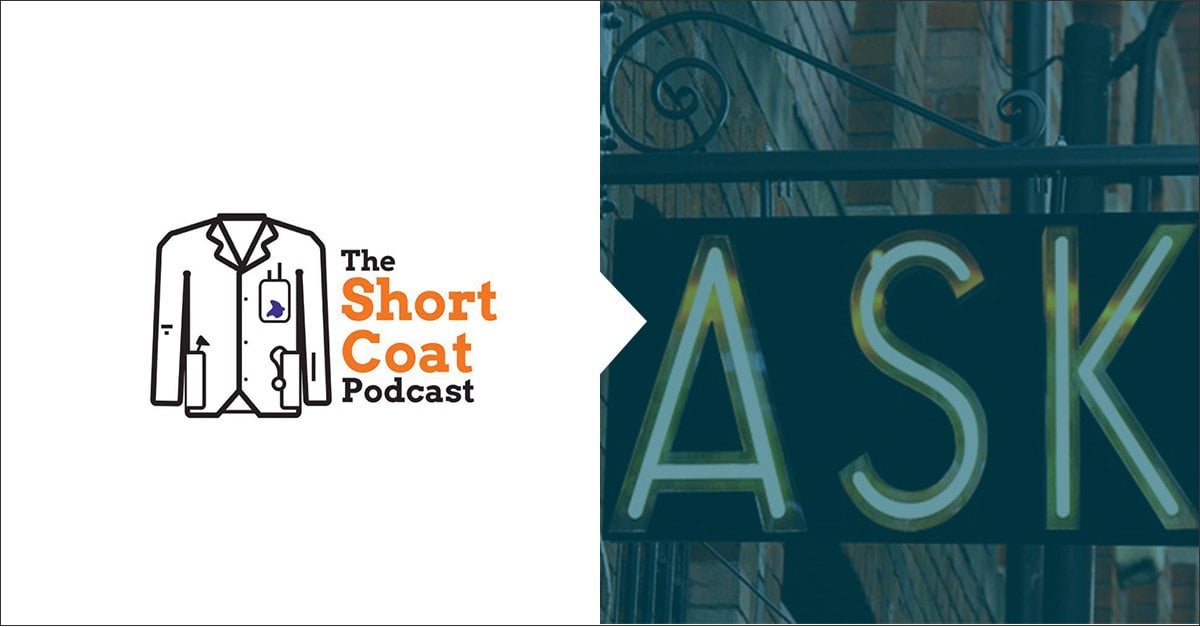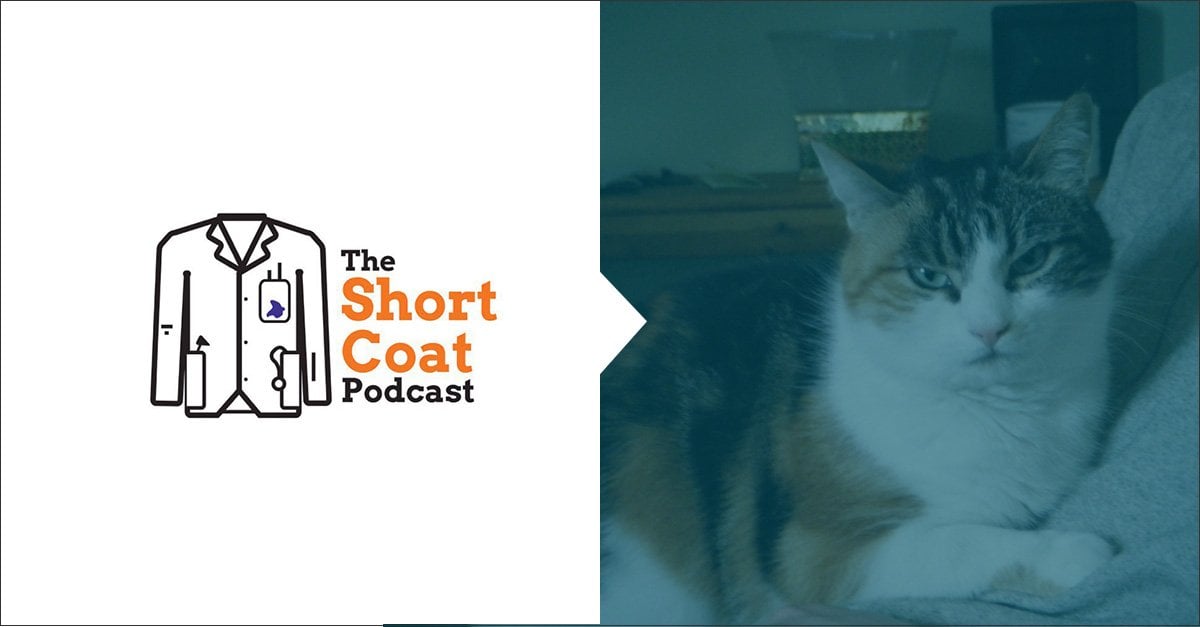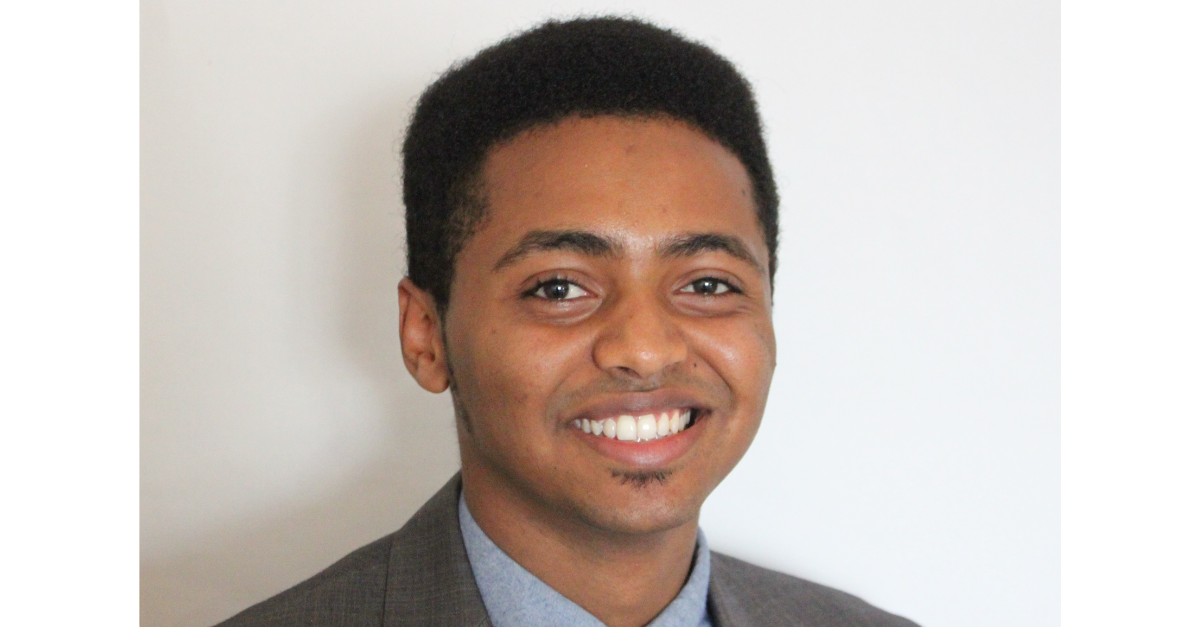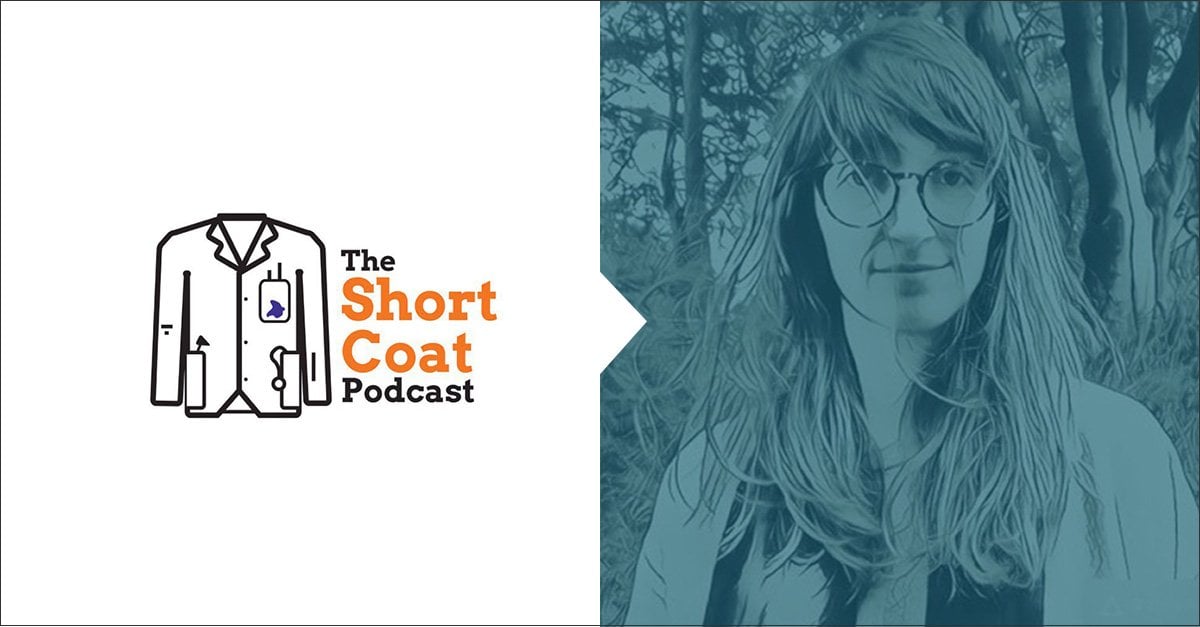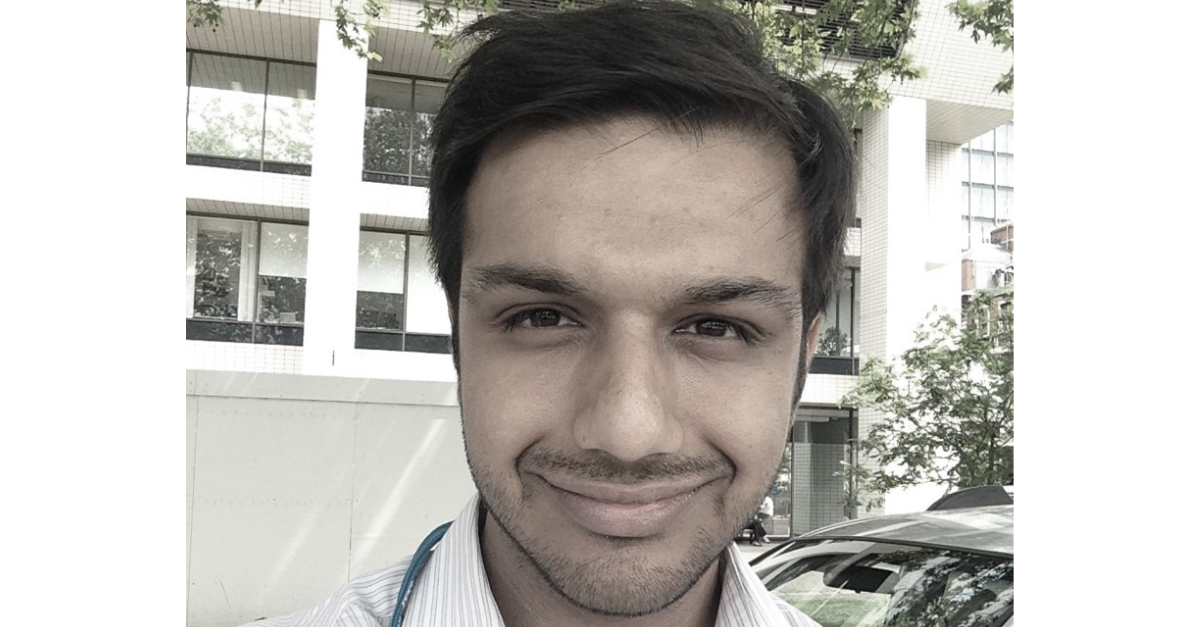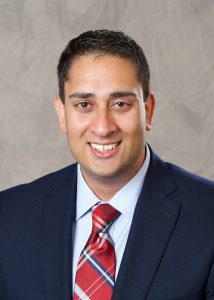I’ve just started my fourth year, and while it’s a relief to be done with all of my medical school exams, I’m finding that there are plenty of new responsibilities to take on! I’m no longer the lowest member of the medical food chain, which also means that I partially have the responsibility of taking care of my M3 classmates. I am currently rotating on a surgical service where this dynamic is especially prevalent. It comes into play when scrubbing in to surgeries or doing other “higher level” tasks. I think this hierarchy is important to discuss for those M3s just beginning their first clinical year.
Is AOA racially biased?
Residency applicants get boosted by AOA, but it could be racially biased Aline Sandouk, Jayden … Read more

